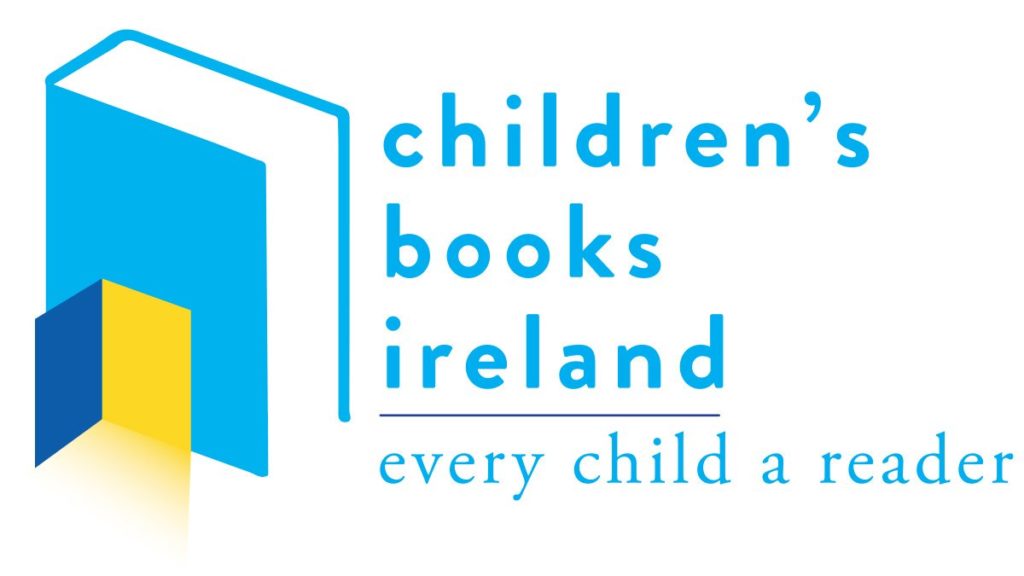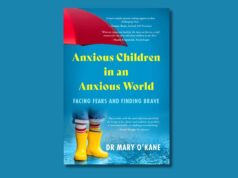Troubling results from the PISA (Programme for International Student Assessment) 2018 study and Children’s Books Ireland call for Government to reinstate funding for school libraries

The results of the PISA (Programme for International Student Assessment) 2018 study, published December 3RD 2019 by the OECD reflect a troubling reluctance of boys to read and concerns about the social and emotional wellbeing of students.
Some of the key areas of concern in the report, as identified by CBI, are outlined below:
- While Ireland placed Ireland third among EU countries, and fourth across the OECD when it comes to reading ability, the results show girls in Ireland significantly outperform boys in reading.
- Irish students report lower than the OECD average satisfaction with their lives, at just 61% compared to the OECD average of 67%. By gender, just 55.5% of females report life satisfaction.
CEO of Children’s Books Ireland Elaina Ryan said: ‘Children’s Books Ireland welcomes the positive overall results of the PISA in relation to reading ability, but we must also recognise that if we are to maintain these levels, we must invest in well-stocked school libraries to motivate young readers with choice, and professional librarians who can guide their decisions. The wellbeing of our teenagers, particularly girls, is relevant, too: the UK’s National Literacy Trust found that children who are the most engaged with literacy are three times more likely to have higher levels of mental wellbeing than children who are the least engaged (39.4% vs 11.8%). If we want our young people to read and to be resilient, we must invest in school libraries in response to the undeniable need shown by the applications to our Robert Dunbar Memorial Libraries scheme.’
In 2008, the Department of Education abruptly withdrew the school library grant (valued at €2.2M or approx. €4.52 per primary school pupil ). Children’s Books Ireland Robert Dunbar Memorial Libraries project attempts to address this need by donating four libraries to schools island-wide worth approximately €40,000 in total. CBI has reported 340 applications for its 2019 Robert Dunbar Memorial Libraries scheme.
Children’s Books Ireland is calling on the government to reinstate the school library grant which was abolished in Budget 2008. Valued at approximately €2.2m, the grant from the Department of Education and Skills was instrumental in helping schools to support their students’ needs in relation to literacy, numeracy and reading for pleasure. Research has shown that reading for pleasure improves mental well- being, increases vocabulary, builds literacy and numeracy skills and is the strongest indicator of success at school and beyond. A lack of school libraries hits areas of socio-economic deprivation hardest and is particularly problematic for schools in rural areas, whose pupils will have more limited access to public libraries.
Key findings:
- The school libraries grant of 2.2 million or approx. €4.52 per primary school pupil was cut in the 2008 budget.
- In 2009 The Library Council surveyed schools and public libraries. This report (The Public Library and the School: Policies and Prospects for Library Services to Primary Schools in Ireland, 2010) found widespread dismay across the sector re. loss of this grant, that a majority of schools surveyed didn’t have libraries (53%) and a majority that did not intend to purchase library books from the school’s already overstretched capitation grant, which is used for all school running costs, from overheads to art supplies.
- The Scottish Library and Information Council review (Williams, Wavell & Morrison, 2013) found that there is a considerable body of international evidence showing school libraries impact on:
- Higher text or exam scores equating to academic attainment
- Successful curriculum or learning outcomes, including information literacy
- Positive attitudes towards learning
- The Chartered Institute of Library and Information Professionals (CILIP) recommend an average stock of 13 books per pupil and 17 books per pupil for those over the age of 16 – CBI are confident most Irish school libraries fall short of this.
- International studies have found a significant link between reading for enjoyment and educational achievement; there is evidence that reading for pleasure has a greater impact on a child’s educational success than the family’s socio-economic status and could be an important way to help combat social exclusion and raise educational standards (OECD 2002).
The Growing Up in Ireland longitudinal study data showed:
- At age 9, children with more books at home (30+ children’s books, including books on loan from libraries) are 30% more likely to read every day than those with 10–20 books at home. Working class, non-employed, lower income and lone parent households typically had fewer books.
- At age 9, 6% said that they never read for fun, while at 13 it increases to 21%, with 33–33% of boys from working class or non-employed backgrounds reporting that they do not read for pleasure at all. It is of vital importance to increase access to a diverse range of books at this age, and school libraries are best positioned to reach these children.
- Those who read for fun more often have higher levels of achievement in reading and maths, are happier, more self-confident as learners and have better socio-emotional wellbeing.
Children’s Books Ireland –more info: www.childrensbooksireland.ie
Children’s Books Ireland’s vision is an Ireland in which books are central to every child’s life. The organisation works with corporate and philanthropic partners to ensure that all children have access to reading, including those most in need. In the last year, Children’s Books Ireland donated 5,500 books to schools and charities as well as bringing writers and illustrators into schools, training teachers and librarians to build a culture of reading and providing invaluable information to parents and carers about excellent books for their children. Preliminary results of a survey on school libraries and the needs of schools in relation to books, in partnership with University College Dublin and the School Library Association in the Republic of Ireland, will be published in 2020.
For further information, please contact Elaina Ryan – CEO.
elaina@childrensbooksireland.ie












